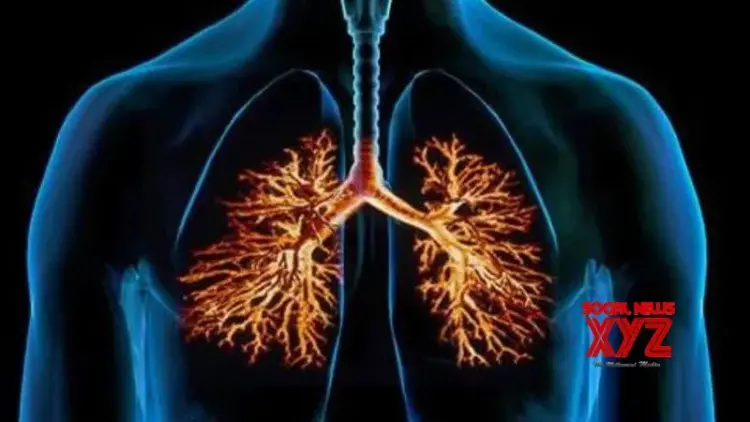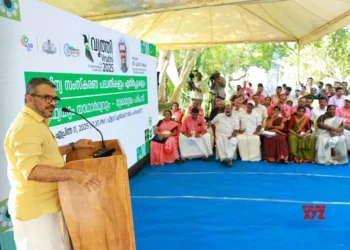In response to a significant surge in respiratory illness cases, including pneumonia in children across China since November, Delhi Health Minister Saurabh Bharadwaj said on Thursday that experts are committed to formulate standard operating procedures (SOP) to ensure ample supply of antiviral drugs, and implement revised surveillance strategies for Covid-19.
According to officials, at a meeting held last month, a comprehensive plan was devised to combat the rising health concern.
“Experts are committed to formulating SOP for Multiplex PCR testing in culture-negative severe pneumonia cases, ensuring an ample supply of antiviral drugs, and implementing revised surveillance strategies for Covid-19,” said an official.
To evaluate the preparedness, mock drills were conducted in all government hospitals in Delhi from December 13 to 17.
“The parameters assessed included bed capacity, available human resources, human resource capacity, referral services, testing capacities, logistics, and the availability of medical oxygen,” said the official.
A subsequent meeting, convened by Union Health Minister Mansukh Mandaviya on Wednesday, aimed to review the overall readiness of health facilities to handle Influenza-Like Illness (ILI) and Severe Acute Respiratory Infection (SARI).
Bharadwaj and other high-ranking officials from Delhi government participated in the meeting.
The Delhi government has formally requested the Indian Council of Medical Research (ICMR) to share all Covid-related lab testing data, acknowledging the importance of a collaborative approach.
“To ensure a proactive response to the evolving situation, the Delhi government has issued necessary orders for collection of Covid samples from ILI/SARI patients at all Delhi government hospitals,” said the official.
The city government also issued orders to conduct genome sequencing on positive RT-PCR samples as per the recommended guidelines and implement measures to raise community awareness, emphasising the importance of avoiding overcrowded and poorly ventilated settings, wearing masks in crowded and close settings, and adhering to guidelines within the hospital premises.























